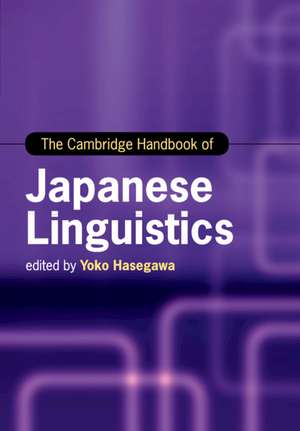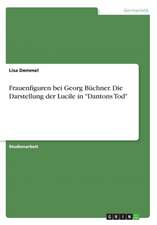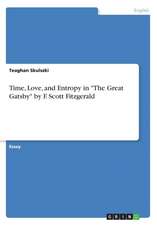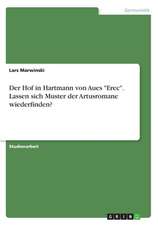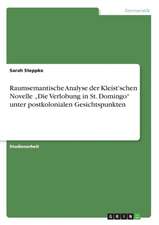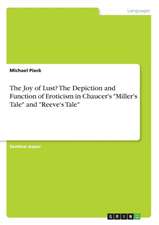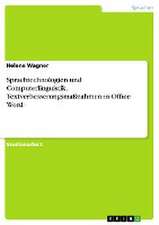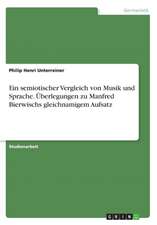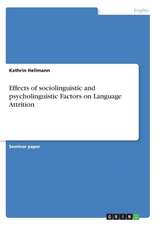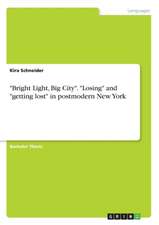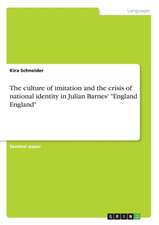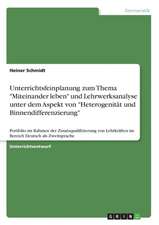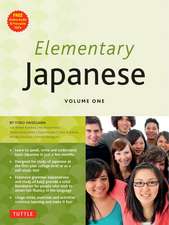The Cambridge Handbook of Japanese Linguistics: Cambridge Handbooks in Language and Linguistics
Editat de Yoko Hasegawaen Limba Engleză Paperback – 16 sep 2020
Din seria Cambridge Handbooks in Language and Linguistics
-
 Preț: 257.36 lei
Preț: 257.36 lei -
 Preț: 419.59 lei
Preț: 419.59 lei -
 Preț: 282.02 lei
Preț: 282.02 lei - 14%
 Preț: 989.27 lei
Preț: 989.27 lei - 23%
 Preț: 982.81 lei
Preț: 982.81 lei -
 Preț: 421.83 lei
Preț: 421.83 lei -
 Preț: 284.81 lei
Preț: 284.81 lei -
 Preț: 338.63 lei
Preț: 338.63 lei -
 Preț: 297.50 lei
Preț: 297.50 lei -
 Preț: 280.50 lei
Preț: 280.50 lei -
 Preț: 285.18 lei
Preț: 285.18 lei -
 Preț: 284.94 lei
Preț: 284.94 lei -
 Preț: 281.54 lei
Preț: 281.54 lei -
 Preț: 280.68 lei
Preț: 280.68 lei - 19%
 Preț: 495.90 lei
Preț: 495.90 lei -
 Preț: 417.90 lei
Preț: 417.90 lei - 14%
 Preț: 880.33 lei
Preț: 880.33 lei -
 Preț: 419.23 lei
Preț: 419.23 lei -
 Preț: 315.15 lei
Preț: 315.15 lei - 23%
 Preț: 977.84 lei
Preț: 977.84 lei - 23%
 Preț: 1493.38 lei
Preț: 1493.38 lei -
 Preț: 419.93 lei
Preț: 419.93 lei - 19%
 Preț: 451.06 lei
Preț: 451.06 lei - 23%
 Preț: 949.77 lei
Preț: 949.77 lei - 23%
 Preț: 1066.00 lei
Preț: 1066.00 lei - 14%
 Preț: 989.06 lei
Preț: 989.06 lei -
 Preț: 347.32 lei
Preț: 347.32 lei -
 Preț: 370.92 lei
Preț: 370.92 lei - 23%
 Preț: 1075.01 lei
Preț: 1075.01 lei - 23%
 Preț: 1023.97 lei
Preț: 1023.97 lei - 11%
 Preț: 507.18 lei
Preț: 507.18 lei - 23%
 Preț: 753.13 lei
Preț: 753.13 lei -
 Preț: 473.75 lei
Preț: 473.75 lei -
 Preț: 468.73 lei
Preț: 468.73 lei - 23%
 Preț: 1027.19 lei
Preț: 1027.19 lei -
 Preț: 398.99 lei
Preț: 398.99 lei -
 Preț: 398.39 lei
Preț: 398.39 lei
Preț: 414.28 lei
Nou
Puncte Express: 621
Preț estimativ în valută:
79.28€ • 86.09$ • 66.60£
79.28€ • 86.09$ • 66.60£
Carte tipărită la comandă
Livrare economică 23 aprilie-07 mai
Preluare comenzi: 021 569.72.76
Specificații
ISBN-13: 9781316636411
ISBN-10: 1316636410
Pagini: 776
Ilustrații: 51 b/w illus. 5 maps 47 tables
Dimensiuni: 170 x 244 x 39 mm
Greutate: 1.22 kg
Editura: Cambridge University Press
Colecția Cambridge University Press
Seria Cambridge Handbooks in Language and Linguistics
Locul publicării:Cambridge, United Kingdom
ISBN-10: 1316636410
Pagini: 776
Ilustrații: 51 b/w illus. 5 maps 47 tables
Dimensiuni: 170 x 244 x 39 mm
Greutate: 1.22 kg
Editura: Cambridge University Press
Colecția Cambridge University Press
Seria Cambridge Handbooks in Language and Linguistics
Locul publicării:Cambridge, United Kingdom
Cuprins
Part I. Overview: 1. Introduction Yoko Hasegawa; 2. The history of the language Bjarke Frellesvig; 3. Layered structure, positional shifts, and grammaticalization Rumiko Shinzato; 4. Linguistic typology and the Japanese language Kaoru Horie; 5. Dialects Michinori Shimoji; 6. Writing and literacy in modern Japan Florian Coulmas; Part II. Sound System and Lexicon: 7. Moras and syllables Timothy J. Vance; 8. Pitch accent Haruo Kubozono; 9. Intonation Yosuke Igarashi; 10. Semantics and morphosyntax of mimetics Kiyoko Toratani; 11. Events and properties in morphology and syntax Taro Kageyama; Part III. Grammatical Foundation: 12. Case Wataru Nakamura; 13. Subjects and topics Yoko Hasegawa; 14. Negation Hideki Kishimoto; 15. Tense and aspect Wesley M. Jacobsen; 16. Modality Heiko Narrog; 17. Logophoricity, viewpoint, and reflexivity Yukio Hirose; 18. Word order and extraction: a functional approach Mitsuaki Shimojo; Part IV. Grammatical Constructions: 19. Nominalization Masayoshi Shibatani; 20. Clausal noun modification Yoshiko Matsumoto; 21. Internally headed relativization and related constructions Kyoko Hirose Ohara; 22. Benefactives Nobuko Hasegawa; 23. Passives Shoichi Iwasaki; 24. Conditionals Seiko Fujii; Part V. Pragmatics/Sociolinguistics: 25. Sentence-final particles Emi Morita; 26. Linguistic politeness Michael Haugh; 27. Speech style shift Haruko Minegishi Cook; 28. Discourse/conversation analysis Polly Szatrowski; 29. Japanese language, gender, and sexuality Shigeko Okamoto.
Recenzii
'The Japanese language is of great interest not only because of the unique position Japan holds in the world, by virtue of her history, culture, science and technology. It also has great importance because it has attracted the attention of many distinguished linguists, whose publications on it over many decades have influenced the development of linguistic theory itself. This Handbook is a balanced and comprehensive anthology of the many achievements of the field, presented by leading experts. It is much to be welcomed by Japanologists as well as by linguists at large.' William Shiyuan Wang, Chair Professor of Language and Cognitive Sciences, Hong Kong Polytechnic University
'In summary, [The Cambridge Handbook of Japanese Linguistics] serves as an excellent reference book for both established and aspiring linguists … All in all, the editor, Yoko Hasegawa, as well as the 27 other contributors recruited from around the world, should be congratulated and thanked for their excellent work in producing this impressive handbook.' Junko Mori, The Journal of Japanese Studies
'In summary, [The Cambridge Handbook of Japanese Linguistics] serves as an excellent reference book for both established and aspiring linguists … All in all, the editor, Yoko Hasegawa, as well as the 27 other contributors recruited from around the world, should be congratulated and thanked for their excellent work in producing this impressive handbook.' Junko Mori, The Journal of Japanese Studies
Descriere
A comprehensive yet concise survey of Japanese linguistics, from leading scholars in the field.
